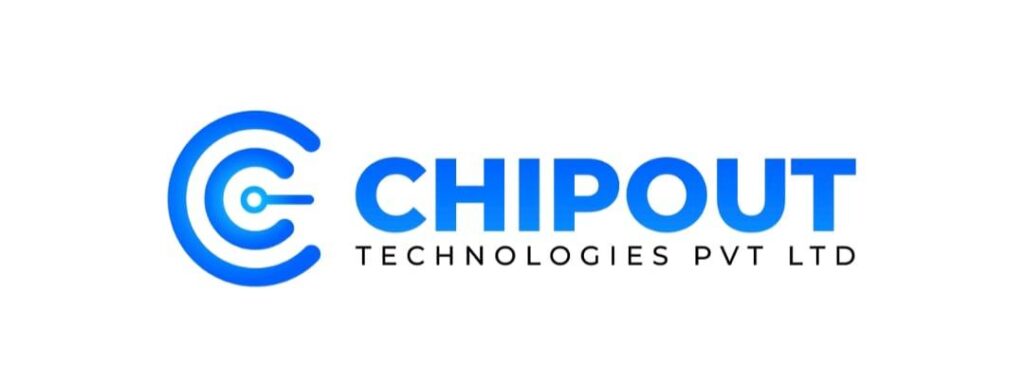USB4
Architectural overview
- USB4 system description
- Routers
- Adapters
- USB4 ports and Links
- USB4 devices
- USB4 host
- Re-timers
- Connection manager
- USB4 power
- USB4 system configuration
USB4 fabric architecture
- USB4 Functional Stack
- Electrical Layer
- Logical Layer
- Transport Layer
- Configuration Layer
- Protocol Adapter Layer
- USB4 Fabric Topology
- Paths
- Communication Constructs
- USB4 Link
- Sideband Channel
- USB4 Host-to-Host Communications
- Programming Model
- Connection Manager
- Configuration Spaces
- Operations
- Time Synchronization
- USB4 Fabric Data Integrity
- Global Life of a Router
- Protocol Tunneling
- USB3 Tunneling
- Display Tunneling
- PCIe Tunneling
- Host Interface Adapter
Logical Layer
- Sideband Channel
- Transactions
- Symbols
- Transactions
- SB Register Space
- Lane Initialization
- Phase 1 – Determination of Initial Conditions
- Phase 2 – Router Detection
- Phase 3 – Determination of USB4 Port Characteristics
- Phase 4 – Lane Parameters Synchronization and Transmit Start
- Phase 5 – Link Equalization
- Transactions
- Logical Layer State Machine
- Lane Adapter State Machine
- Disabled
- CLd
- Training
- CL0
- Lane Bonding
- Low Power (CL0s, CL1, and CL2)
- USB4 Link Transitions
- Transition from One Single-Lane Link to Two Single-Lane Links
- Transition from Two Single-Lane Links to Dual-Lane Link
- Transition from Dual-Lane Link to Two Single-Lane Links
- Transition from Two Single-Lane Links to One Single-Lane Link
- Logical Layer Link State
- Lane Adapter State Machine
- USB4 Link Encoding
- Lane Distribution
- Symbol Encoding
- Symbol Encoding of Transport Layer Bytes
- Ordered Sets
- Bit Swap
- Sync Bits
- Data Symbol Payload
- Ordered Set Symbol Payload
- Scrambling
- RS-FEC
- RS-FEC Activation and Deactivation
- Pre-coding
- USB4 Link Operation
- Start of Data
- Error Cases and Recovery
- Clock Compensation and SKIP
- Dual-Lane Skew
- Disconnect
- Upstream Facing Port Disconnect
- Downstream Port Disconnect
- Lane Adapter Disable and Enable
- Disabled Adapter is the Upstream Adapter
- Disabled Adapter is not the Upstream Adapter
- Time Sync Notification Ordered Set (TSNOS)
- Sleep and Wake
- Entry to Sleep
- Behavior in Sleep State
- Wake Events
- Exit from Sleep
- Timing Parameters
Transport Layer
- Transport Layer Packets
- Bit/Byte Conventions
- Format
- Header
- Payload Padding
- Error Correction Code (ECC)
- Transport Layer Packets
- Tunneled Packets
- Control Packets
- Link Management Packets
- Effect of Link State on Transport Layer Packets
- Minimum Headers Gap
- Routing
- Adapter Numbering Rules
- HopID Rules
- Routing Tables
- Routing Rules
- Control Packets
- Link Management Packets
- Tunneled Packets
- Routing Example
- Connectivity Rules
- Quality of Service (QOS)
- Packet Ordering
- Flow Control
- Ingress Adapter
- Egress Adapter
- Credit Counter Synchronization
- Bandwidth Arbitration and Priority
- Scheduling
- Packet Forwarding Delay Jitter
- Path Tear-down
- Egress Adapter
- Ingress Adapter
- Timing Parameters
Detailed syllabus
- USB4 overview
- USB Enhanced SS overview
- USB4 updates from USB3.2
- USB type C connector
- USB4 pinout
- USB4 links
- Symmetric link
- Asymmetric link
- USB4 architecture overview
- USB4 Domain
- Connection manager
- USB4 host
- Routers
- Adapters
- Protocol adapters
- Lane adapters
- Control adapters
- Numbering rules
- USB4 ports and links
- USB4 devices
- Peripheral device
- Hub
- USB4 based dock
- Retimers
- USB4 topology ID assignment
- USB4 functional stack – layers
- Electrical layer
- Logical layer
- Transport layer
- Configuration layer
- Protocol adapter layer
- USB4 packets
- Control packets
- Tunneled packets
- Link management packets
- Low speed link transitions
- LFPS – Low frequency periodic signaling
- Ordered sets
- Packets generated in different layers
- Packet routing in USB4 topology
- Route string
- Hop ID
- Configuration spaces
- Router CS
- Adapter CS
- Path CS
- Counter CS
- Logical layer
- Sideband channel
- Logical layer state machine
- USB4 link encoding
- USB4 link operation
- Sleep and wake
- Timing parameters
- Transport layer
- Transport layer packets
- Routing
- Quality of service
- Timing parameters
- Configuration layer
- Domain topology
- Router addressing
- Router states
- Control packet protocol
- Notification events
- Router enumeration
- USB4 Tunneling
- USB4 Adapter layer
- PCIe Tunneling
- PCIe Adapter Protocol stack
- PCIe Adapter states
- Interfaces
- System flows
- Encapsulation
- Displayport Tunneling
- DP Adapter Protocol stack
- DP Adapter states
- Interfaces
- System flows
- Router connect and disconnect flow
- Hot plug connect flow
- Hot unplug connect flow
- USB4 v2.0 – Gen4 Lane initialization and training
- Link initialization phases 1 to 5
- USB type C power delivery protocol
- Configuration channel
- PD control messages
- PD data messages
- QOS
- Credit tracking
- Egress adapter
- Bandwidth arbitration and priority
- Time synchronization
- Interoperability with Thunderbolt
USB4 protocol training is a 25 hours course focused on all the aspects of USB4 starting from USB4 system description, fabric architecture, Electrical layer, Logical layer, transport layer, configuration layer, time synchronization, USB3 tunneling, DisplayPort tunneling, and PCIe tunneling.
| Course | USB4 Protocol training |
|---|---|
| Duration | Live training : 5 weeks eLearning : 30 hours |
| Next Batch | |
| Schedule | Live training : Sat, Sun, 10AM to 1:30PM eLearning : recorded video access with dedicated weekend support session. |
| Mode of training | Live training, eLearning |
| Fee | Live training : INR 10K + GST eLearning : INR 9K + GST |
| Assignments | 5 |
Course Highlights
- 1-1 Dedicated Mentor Support
- 24/7 Tool Access
- Multiple mock interviews
- Industry Standard Projects
- Support with resume update

